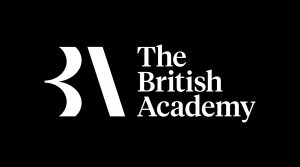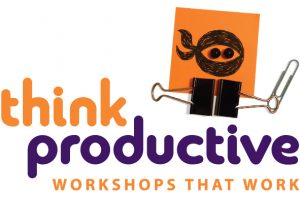 We’re excited to share …
We’re excited to share …
some great RKEDF training opportunities coming up in February 2024.
Click on the titles to find details and book your place to the upcoming events.
Wednesday 7th January, 10:30-11:00 Online
Meet your RSA reps, hear updates on how BU is implementing the Research Concordat and give feedback or raise concerns that will help to develop and support the research community at BU
Wednesday 7th February, 14:00-15:00 at Lansdowne Campus
This session is aimed at any researcher who is, who plans to be, a Principal Investigator for an externally funded research or knowledge exchange project.
Wednesday 7th February, 13:00-14:00 Hybrid
The session aims to discuss approaches to setting and maintaining healthy work/life balance whilst also managing the demands of their role.
Introduction to RED – The Research & Enterprise Database
Thursday 8th February, 10:00-10:30 Online
An overview of the Research & Enterprise Database and how to use RED to identify your supporting pre and post award officers.
Anatomy of an impact case study
Tuesday 13th February, 13:00-15:00 at Talbot Campus
The structure of an impact case study, what makes an excellent case study and what you will need in order to start building an impact case study from your own research.
Wednesday 21st February 2024, 11:00 – 16:00 at Talbot Campus
This event brings together researchers in Medical and Health Humanities at BU from across the faculties of HSS, MMC and SciTech, inviting them to highlight the main challenges of working within this varied and interdisciplinary field.
Introduction to health economics
Wednesday 21st February 2024, 10:00 – 15:30 at Talbot Campus
This course is aimed at academics of all levels that are interested in gaining an overview of health economics and how this can be applied to research projects.
For any further information, please contact RKEDF@bournemouth.ac.uk
In December, 12.5% of colleagues who booked a session did not actually attend. Please, help us to avoid any waste of resources; make sure you can attend or cancel your booking ahead of the session.


 Here are some great RKEDF training events coming up in September
Here are some great RKEDF training events coming up in September We are excited to announce that the
We are excited to announce that the This year’s BA ECRN seed funding and development fund call is now live.
This year’s BA ECRN seed funding and development fund call is now live.


 If you are interested in exploring ways in which AI could be utilised to deliver new or enhanced ways of working,
If you are interested in exploring ways in which AI could be utilised to deliver new or enhanced ways of working,

 The following training events are coming up in June.
The following training events are coming up in June.











 Beyond Academia: Exploring Career Options for Early Career Researchers – Online Workshop
Beyond Academia: Exploring Career Options for Early Career Researchers – Online Workshop UKCGE Recognised Research Supervision Programme: Deadline Approaching
UKCGE Recognised Research Supervision Programme: Deadline Approaching SPROUT: From Sustainable Research to Sustainable Research Lives
SPROUT: From Sustainable Research to Sustainable Research Lives BRIAN upgrade and new look
BRIAN upgrade and new look Seeing the fruits of your labour in Bangladesh
Seeing the fruits of your labour in Bangladesh ECR Funding Open Call: Research Culture & Community Grant – Apply now
ECR Funding Open Call: Research Culture & Community Grant – Apply now ECR Funding Open Call: Research Culture & Community Grant – Application Deadline Friday 12 December
ECR Funding Open Call: Research Culture & Community Grant – Application Deadline Friday 12 December MSCA Postdoctoral Fellowships 2025 Call
MSCA Postdoctoral Fellowships 2025 Call ERC Advanced Grant 2025 Webinar
ERC Advanced Grant 2025 Webinar Update on UKRO services
Update on UKRO services European research project exploring use of ‘virtual twins’ to better manage metabolic associated fatty liver disease
European research project exploring use of ‘virtual twins’ to better manage metabolic associated fatty liver disease